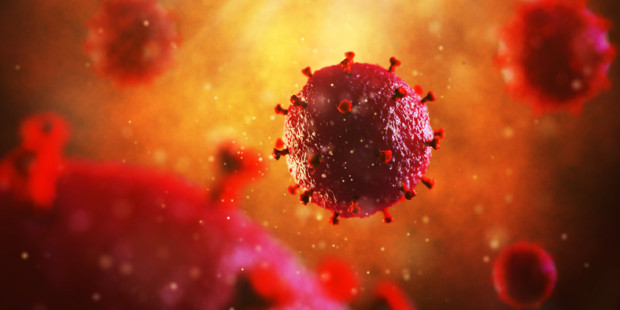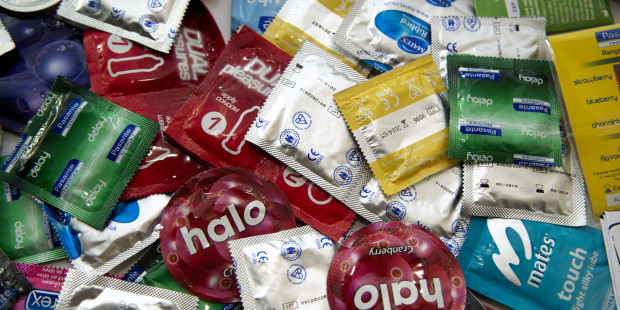What to do now
From what you've told us, you're at no risk of getting HIV, provided that your partner had not taken any risks since testing negative.
Although you haven't been at risk from HIV, there's a chance you may have picked up other sexually transmitted infections. You can be checked for these confidentially at any sexual health clinic.
You can also get tested for HIV.
Who gets PEP
The people who are likely to be prescribed PEP are those who've had receptive or insertive anal sex or receptive vaginal sex (or shared injecting equipment) with someone who is HIV positive and has a detectable or unknown viral load.
It's also recommended if you've had receptive anal sex with someone with an unknown HIV status who's from an area with higher rates of HIV, such as sub-Saharan Africa.
If you've had insertive anal sex, insertive or receptive vaginal sex (or shared injecting equipment) with someone with an unknown HIV status from a high-risk area for HIV it may be considered.
It'll also be considered if you've had insertive vaginal sex with someone who is HIV positive with an unknown or detectable viral load.
Who doesn't get PEP
Oral sex is relatively low risk for HIV. However, the risk that HIV could be passed on is increased if you get your partner’s semen in your mouth.
PEP is no longer given to people who are worried about oral sex. This applies whether you've given oral sex to a man or a woman or received it from a man or a woman.
What is PEP?
When people have been put at risk of HIV there's a treatment called post-exposure prophylaxis (PEP) that may prevent HIV infection after the virus has entered the body.
PEP:
- Can stop you becoming infected with HIV.
- Must be started as soon as possible after exposure, preferably within 24 hours. It can be prescribed up to 72 hours (three days) after condomless sex, but it's best not to wait that long.
- Is available free from NHS sexual health (GUM) clinics and hospital Accident and Emergency departments (A&E).
- Involves taking anti-HIV medicines for four weeks.
- Now uses newer medication with fewer side effects.
PEP is not a cure for HIV and is not guaranteed to prevent HIV from taking hold once the virus has entered the body. Condoms remain the most efficient way of staying safe from HIV.
We're here for you
Remember, whatever happens we're here for you. If you'd like help or support, get in touch with THT Direct on 0808 802 1221.



